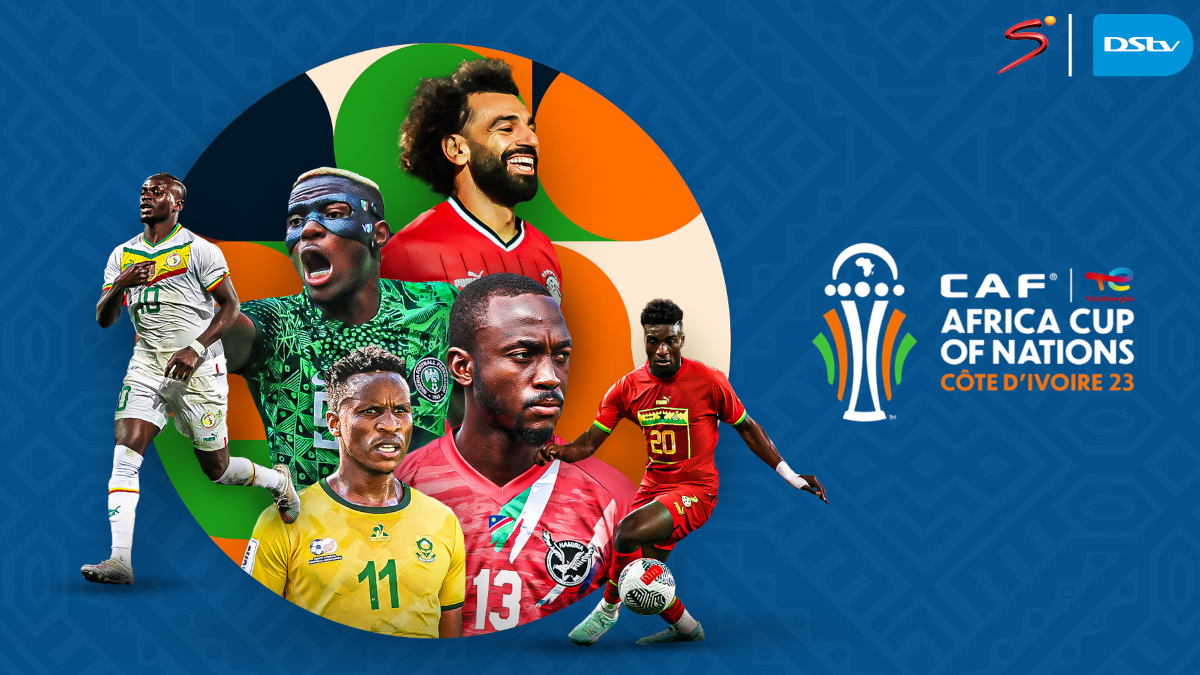I am not sure whether it is an achievement, or just life going round in circles, but I have arrived in a bustling, and suffocatingly hot Ivory Coast, for my 15th Africa Cup of Nations finals.
There is immense excitement and a little foreboding, as is always the case in the days leading up to kick off, and an expectation we could be in for some serious spills and thrills.
Certainly, the last finals in Cameroon delivered a string of giant killing results never seen before and emphasised the much-repeated assertion that the gap between the giants of the African game and so-called smaller nations has closed considerably.
I first went to the 1992 Cup of Nations in Senegal, in an era far removed from the spectacle the tournament is today. Then it had an air of a village fete about it. Several teams shared our Dakar hotel, and we breakfasted every morning outside by the pool with the players in circumstances that would cause today’s officious gatekeepers to recoil with unbridled horror. I even played tennis with Cameroon legend Roger Milla and, to this day when he sees me, the first things he asks is, “have you brought your racket?”.
Those were heady days, when South Africa’s delegation at the Confederation of African Football Congress, led by the colourful Stix Morewa, was greeted with a standing ovation as they sought re-entry into the world football family after the end of Apartheid. The Congress, where every member country was represented, always preceded the tournament and it was a heartfelt welcome as the continent anticipated an exciting new face in African football. Perhaps it has not been as fulsome an impact as we had then hoped but South African football has flexed its muscle from time to time.
Bafana Bafana first played in the 1996 finals, then expanded to 16 teams, and watching the team win remains my Cup of Nations highlight. There were some memorable games on the road to victory and utter delight when it was achieved.
LITTLE EXPECTATION
Sadly, that remains South Africa’s best achievement, although they were runners-up in 1998 with Benni McCarthy rattling in the goals and third in 2000 in a tournament co-hosted by Ghana and Nigeria.
In 2002 the side made it to the quarterfinals against host nation Mali, forced to play in a town called Kayes, which was so far from anywhere else that it needed a plane journey to get there. I remember feeling confident about Bafana’s chances during the halftime break after a strong first-half performance only for every thing to go awry seconds from the kick off of the second half and the team go out a tournament they looked well set to won.
Four years on, Ted Dumitru had been put in charge of the national team and made many off-the-wall selections, although in hindsight a lot of the unknowns he picked, like Tsepo Masilela and Siphiwe Tshabalala, went onto stellar careers. Dumitru had an eye for a good player but also a lot of bluster about him. There was a pre-tournament friendly against Egypt in Cairo which Bafana won and I felt after the 1996 triumph, this was going to be a return to glory for South Africa. But the side lost all three group games, failing to score a goal, in their worst performance to date while Egypt went onto win the title.
Despite being 2010 World Cup hosts, Bafana failed to qualify for the Cup of Nations in Angola a few months earlier and also again in 2012. The country hosted the 2013 finals but there was none of the atmosphere of 1996 and Bafana limped out on post-match penalties to Mali in the quarterfinal.
Since, there has been only one highlight when the team beat hosts Egypt in the 2019 tournament, the first one after the field was expanded to 24 teams. South Africa won their last-16 encounter after limping into the knockout stage as one of the four best third-placed teams, despite losing two of three group games.
This time round there is little expectation but maybe that is a good thing, allowing the side to potentially glide under the radar. The first Group E game against Mali on Tuesday will be a tough examination of the team’s potential.

